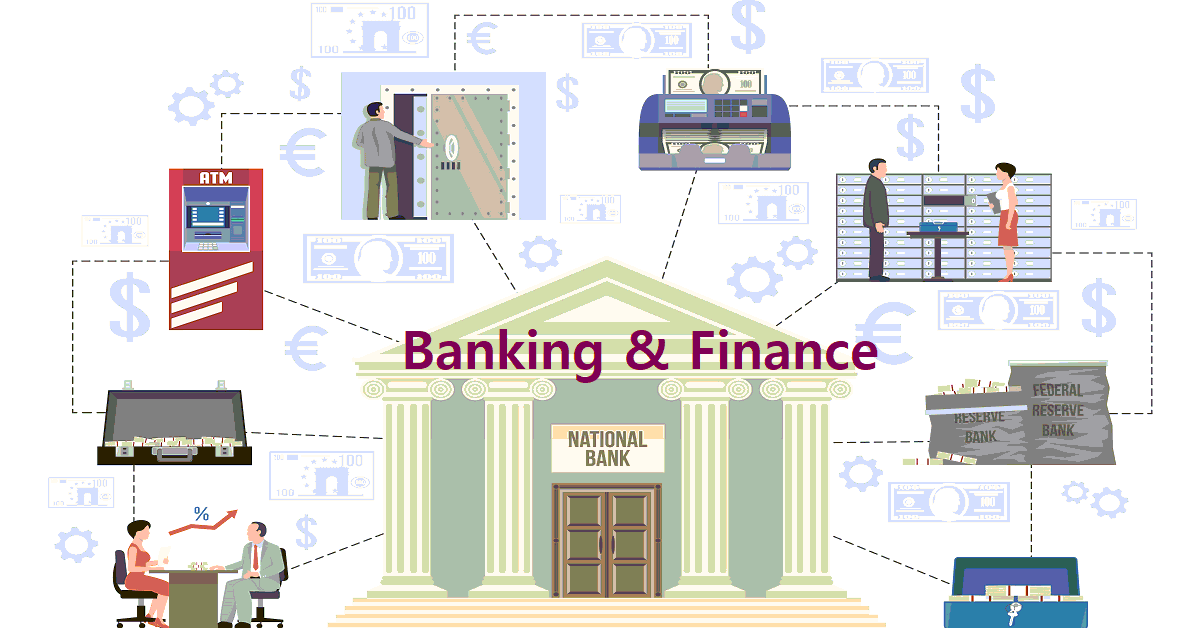
The 2008 financial crisis had a profound impact on the global economy and the lives of millions of individuals. While there were many factors that contributed to the crisis, the role of housing loans cannot be ignored. In this article, we will examine the relationship between housing loans and the 2008 financial crisis and its impact on the global economy and individuals.
Explanation of Subprime Mortgages:
Subprime mortgages were a major factor in the 2008 financial crisis. These loans were designed for individuals with poor credit histories and were often given to those who could not afford to repay them. This resulted in widespread foreclosures and a decline in the housing market, leading to the financial crisis.
Housing Market Collapse in 2008:
The subprime mortgage crisis led to a rapid increase in foreclosures, which in turn caused a decline in the housing market. The housing market collapse had a cascading effect on the global economy, as the value of many homes and investments tied to the housing market plummeted. This created a chain reaction of financial losses, leading to the 2008 financial crisis.
Impact of the Crisis on the Global Economy and Individuals:
The 2008 financial crisis had a profound impact on the global economy and individuals. The housing market collapse and the resulting foreclosures caused widespread economic hardship, as many people lost their homes and their savings. The crisis also led to widespread job losses, as businesses struggled to survive in the face of declining economic activity. In addition, the crisis had a lasting impact on the global economy, as many countries are still recovering from its effects.
What are Subprime Mortgages?
Subprime mortgages are loans issued to borrowers with a low credit score or a high risk of default. These loans often have high interest rates and less favorable terms compared to traditional mortgages. Subprime mortgages played a significant role in the 2008 financial crisis, as many of these loans went into default, leading to widespread foreclosures and a decline in the housing market.
Relationship Between Housing Loans and the 2008 Financial Crisis
The relationship between housing loans and the 2008 financial crisis is clear. The subprime mortgage crisis and the subsequent housing market collapse were major factors that triggered the financial crisis. The widespread foreclosures and declining housing market values led to significant losses for financial institutions and investors, who held large amounts of subprime mortgage-backed securities. This, in turn, led to a credit crisis, as banks and other financial institutions became reluctant to lend money, creating a vicious cycle of declining economic activity.
Measures Taken to Mitigate the Crisis and Prevent Future Financial Crises
In response to the 2008 financial crisis, governments around the world took a number of measures to mitigate its effects and prevent future financial crises. Some of these measures include increased regulation of the mortgage industry, stricter lending standards, and the establishment of government-backed programs to help people keep their homes. In addition, many countries have taken steps to strengthen their financial systems and improve the stability of their economies, in order to prevent future financial crises.
Conclusion
In conclusion, the 2008 financial crisis was a wake-up call for the global financial system, highlighting the importance of responsible lending and investment practices. The relationship between housing loans and the 2008 financial crisis is clear, and the crisis had a profound impact on the global economy and individuals. However, the measures taken to mitigate its effects and prevent future financial crises demonstrate the ability of governments and financial institutions to work together to create a more stable and secure financial system.
Banking and Finance




